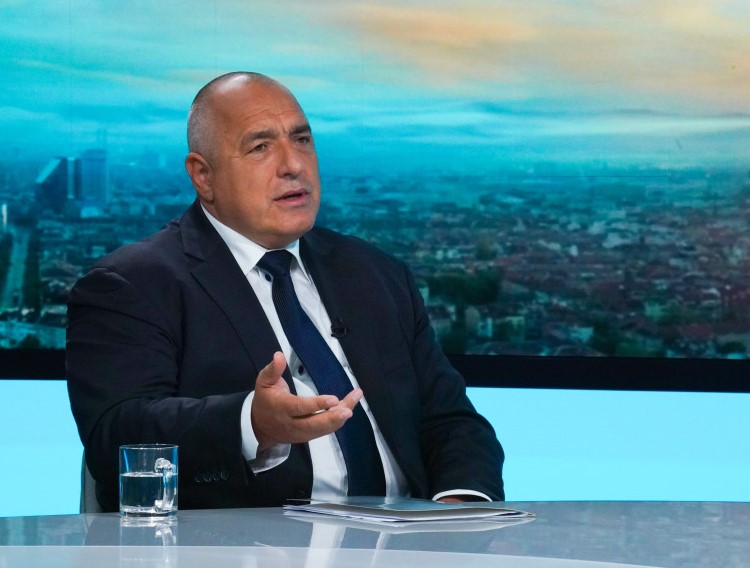Bulgaria consistently supports the efforts of the countries from the Western Balkans on their path towards EU membership, said Tuesday Prime Minister Boyko Borissov during the “Diplomatic Dialogue on the Western Balkans” session, held as part of the 50th World Economic Forum in Davos.
According to Borissov, the different initiatives and formats of regional cooperation in Southeast Europe mutually complement themselves in the process of promoting political, economic and social stability in the region. “Regional cooperation, however, is not an alternative to the European integration of the Western Balkans,” the Bulgarian Prime Minister noted.
He said that starting January 1, 2020, Bulgaria and the Republic of North Macedonia have been jointly hosting the Berlin Process. The priorities of the joint presidency are connectivity in all of its aspects, including transport, energy, digital, as well as interpersonal connectivity, especially among young people through education, Borissov noted.
He explained that one of the main projects to be implemented is making progress on building Transport Corridor No. 8, which will be of key importance for the region and serve as a good example of connectivity between the Western Balkans and neighbouring EU Member States.
We firmly believe that the future of the countries from the Western Balkans is in the EU, since the European project would be incomplete without them. The Croatian [EU] Presidency also plans to organize an EU-Western Balkans summit and will keep the EU agenda’s focus on the region’s European perspective, Borissov said.
In his speech, the Bulgarian Prime Minister noted that in addition to the Berlin Process, there are other established and important formats of regional cooperation in Southeast Europe, such as the South-East European Cooperation Process and the Regional Cooperation Council.





Comments are closed for this post.